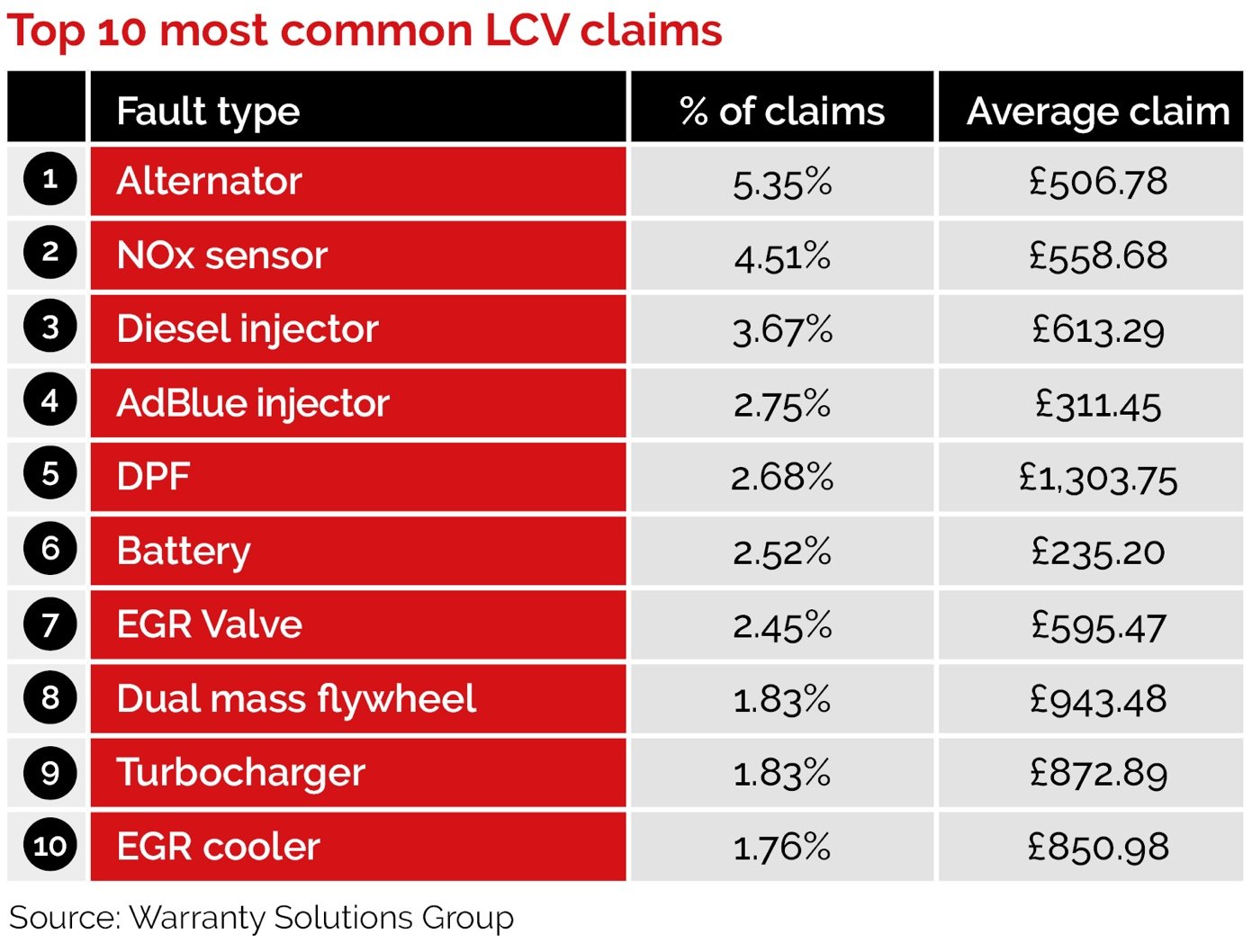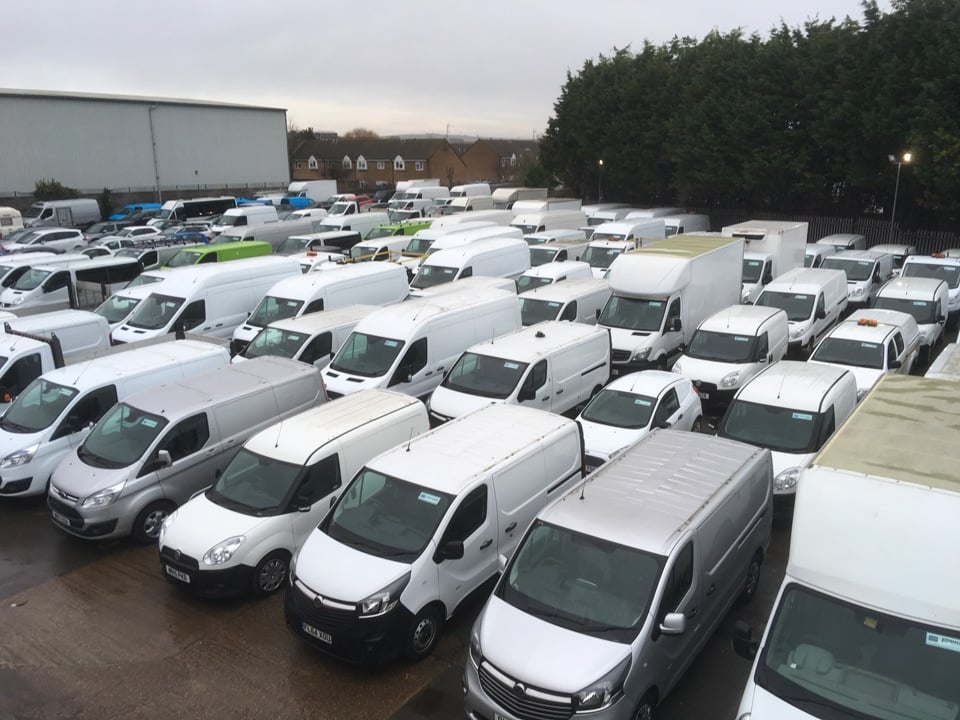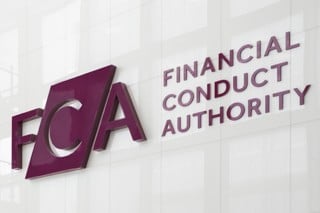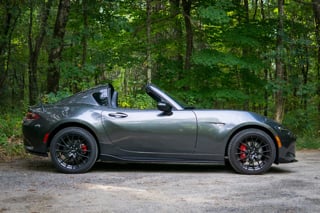Engine faults and emissions-related components have topped the list of the most common and costly van warranty claims in the last year, according to data from Warranty Solutions Group (WSG).
Alternators were the most frequently claimed-for component between July 2024 and June 2025, accounting for 5.35% of all warranty claims and averaging £506.78 per repair.
However, the highest individual payout exceeded £6,000 for an engine failure on a Mercedes Sprinter 316 CDI.
The top 10 costliest claims, based on 1,000 extended warranty cases, underline the rising pressure on fleets to manage repair costs amid increasingly complex vehicle systems.
Citroen Berlingo and Ford Transit models featured multiple times in the rankings, with engine and timing belt failures contributing to high-value claims.
Volkswagen Transporter models also appeared twice, with claims for gearbox mechatronic issues and diesel particulate filter (DPF) replacements.
The Vauxhall Vivaro was another repeat offender, cited for both engine and DPF-related claims.
Mark Bobbins, head of commercial vehicle sales at WSG, said: “Our repair data tells a clear story – modern LCVs are increasingly vulnerable to high-cost faults, particularly with emissions systems like NOx sensors, AdBlue injectors and EGR valves.
"These are not only failing more frequently but are also expensive to replace.”
The highest average claim value was recorded for DPF replacements at £1,303.75, followed by the dual mass flywheel (£943.48), turbocharger (£872.89), and EGR cooler (£850.98).
WSG’s findings suggest that even less frequent faults can result in major out-of-pocket expenses for operators.
In addition to alternators, the most common LCV claims included NOx sensors (4.51%) and diesel injectors (3.67%), reinforcing the strain on emissions-related systems.
Bobbins said: "Unplanned downtime and repair bills can seriously impact profitability, especially for small and medium-sized fleets
"Understanding which parts fail most, and planning maintenance accordingly, is vital for reducing risk and keeping vehicles on the road.”























Login to comment
Comments
No comments have been made yet.